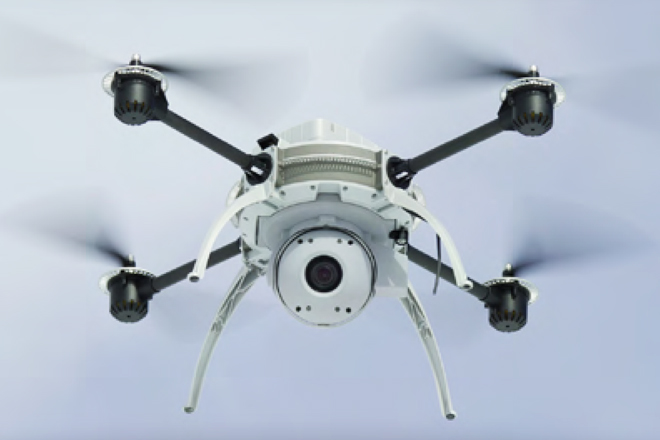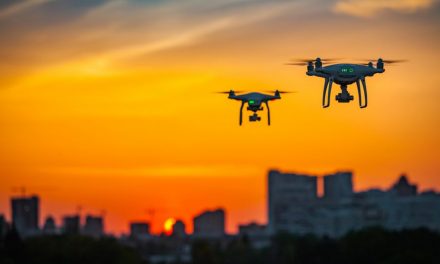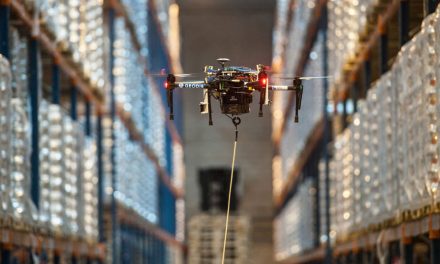
Lloyd’s identifies key threats to drone industry

Cyber-attacks, reckless pilots and privacy breaches are fundamental threats to the drone industry, a new report published by Lloyd’s, the specialist insurance and reinsurance market, has claimed. The Lloyd’s report, Drones Take Flight, said that the drone market could double in value to $91bn in the ten years to 2024. However, it warned that “concerns around safety, security and surveillance need to be considered by manufacturers and users of this technology” if the market is to reach its full potential.
Privacy infringement is cited as the biggest most significant concern as well as the carelessness of drone operators and the vulnerability of the drones themselves to cyber-attacks.
“Another key concern highlighted in the report is the regulatory environment, which is developing but is not yet harmonised across international jurisdictions,” said Lloyd’s in a statement issued yesterday (20 August).
“In addition, because of the rapid and uneven growth of the drones industry, it is proving difficult for regulators to provide strong rigorous oversight without technological support to track and monitor use.
“Effective airspace control and collision avoidance technology, the report contends, will be key requirements for the insurance of drones operating in busy airspace.
“As a result, insurers are likely to seek greater risk mitigation measures from drone operators. These could include training and accreditation, strengthening cyber security and the completion of privacy impact assessments.”
There have been a number of reported incidents where drones have come close to colliding with aircraft – prompting stern warnings from both the UK’s Civil Aviation Authority (CAA) and the US Federal Aviation Administration (FAA).
Commenting on the new report, Nick Beecroft, Lloyd’s Manager of Emerging Risk & Research, said: “Drones have significant potential but at the same time they are a controversial emerging technology. As the market for drones continues to grow, so does the interaction of risk exposures.
“Manufacturers, operators and regulators will need to work together, on a global basis, to understand exposures and ensure this technology is used safely and responsibly.”
The full report can be downloaded at www.lloyds.com/DronesTakeFlight
Earlier this month, a study commissioned by the charitable shopping website Give as you Live found that less than a third of UK shoppers want to see their online shopping purchases delivered by drones. The top concern listed by shoppers was not safety – but the fear that other people would try to intercept the drones and steal their packages.













